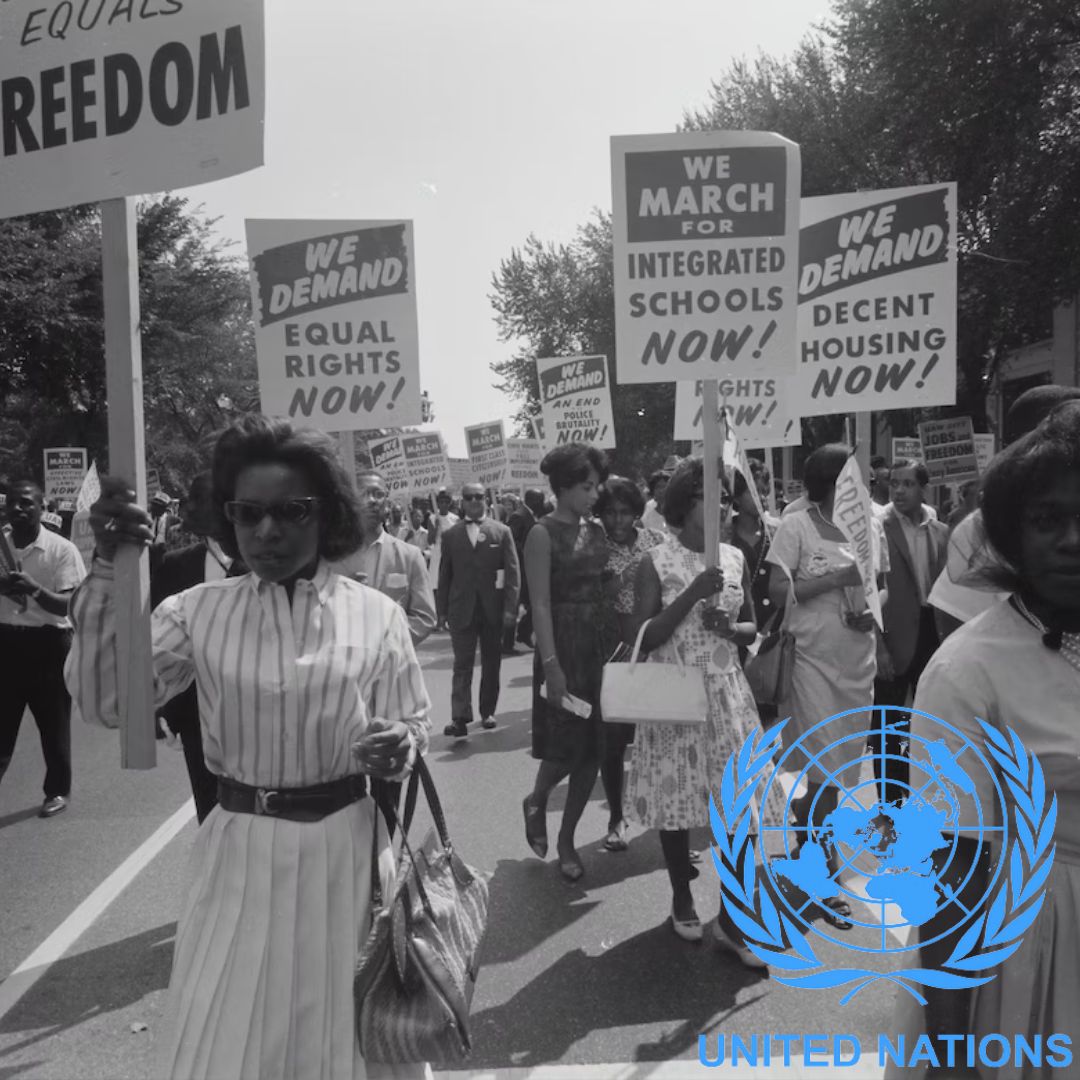Achieving Global Gender Equality May Take Nearly 300 Years At Current Rate; Warns UN Report
Writer: Ishita Singh
She is a versatile content writer, an orator and a graphic designer who prefers multitasking under pressure and complies with the deadline.
India, 11 Sep 2022 8:38 AM GMT
Editor : Shiva Chaudhary |
A post-graduate in Journalism and Mass Communication with relevant skills, specialising in content editing & writing. I believe in the precise dissemination of information based on facts to the public.
Creatives : Shiva Chaudhary
A post-graduate in Journalism and Mass Communication with relevant skills, specialising in content editing & writing. I believe in the precise dissemination of information based on facts to the public.
The report stated that recent events, including the COVID-19 pandemic, opposition to women's sexual and reproductive health and rights, violence against women, and humanitarian and climate disasters, have increased dangers for women.
The United Nations Women and the UN Department of Economic and Social Affairs (DESA) released a research report on Wednesday (September 7); eliminating legal protection gaps and discriminatory policies against women at the current rate might delay the achievement of worldwide gender equality by 286 years.
One of the 17 Sustainable Development Goals (SDG) established by the UN in 2015 was gender equality, which the international organization aimed to accomplish by 2030.
The Gender Snapshot 2022 report, however, stated that recent events, including the COVID-19 pandemic, violence against women, opposition to women's sexual and reproductive health and rights, and humanitarian and climate disasters, have increased dangers for women and girls.
Gender Disparity Increased As a Result Of COVID-19
According to the paper, which used research from African nations, "The pandemic also placed girls at greater risks of gender-based violence, mental health disorders, and food and economic insecurity," Business Standard.
As per the report, the pandemic will cost women around the world an estimated $800 billion (Rs 63.71 lakh crore) in income in 2020. Additionally, the pandemic increased the number of incidents of violence and confrontations against women. It said, "Globally, one in every ten women and girls aged 15–49 was subjected to sexual and/or physical violence by an intimate partner in the previous year."
Several nations, notably the United States, have seen a setback for women's rights to reproductive health. The US Supreme Court, on June 24, reversed the landmark Roe versus Wade decision from 1973, which had established abortion as a constitutional right.
Underrepresented In Positions Of Decision-Making
As we approach the midway point of 2030, UN Women Executive Director Sima Bahous declared that the world had reached a turning point for women's rights and gender equality, reported UN Women.
"The data show undeniable regressions in their [women and girls] lives made worse by the global crises—in incomes, safety, education, and health," said Bahous. "The longer we take to reverse this trend, the more it will cost us all," added Bahous.
According to the survey, 102 million people live in nations where abortion is completely illegal. At the same time, 1.2 billion women and girls of reproductive age residing in countries with some limitations on safe abortion.
The researcher noted that women are underrepresented in positions of decision-making and influence. According to the survey, women held only 26.4 per cent of legislative seats worldwide in July, and in 23 nations, their representation was less than 10 per cent.
Also Read: Wearing Seatbelts Mandatory For All Car Passengers, Says Nitin Gadkari
 All section
All section














